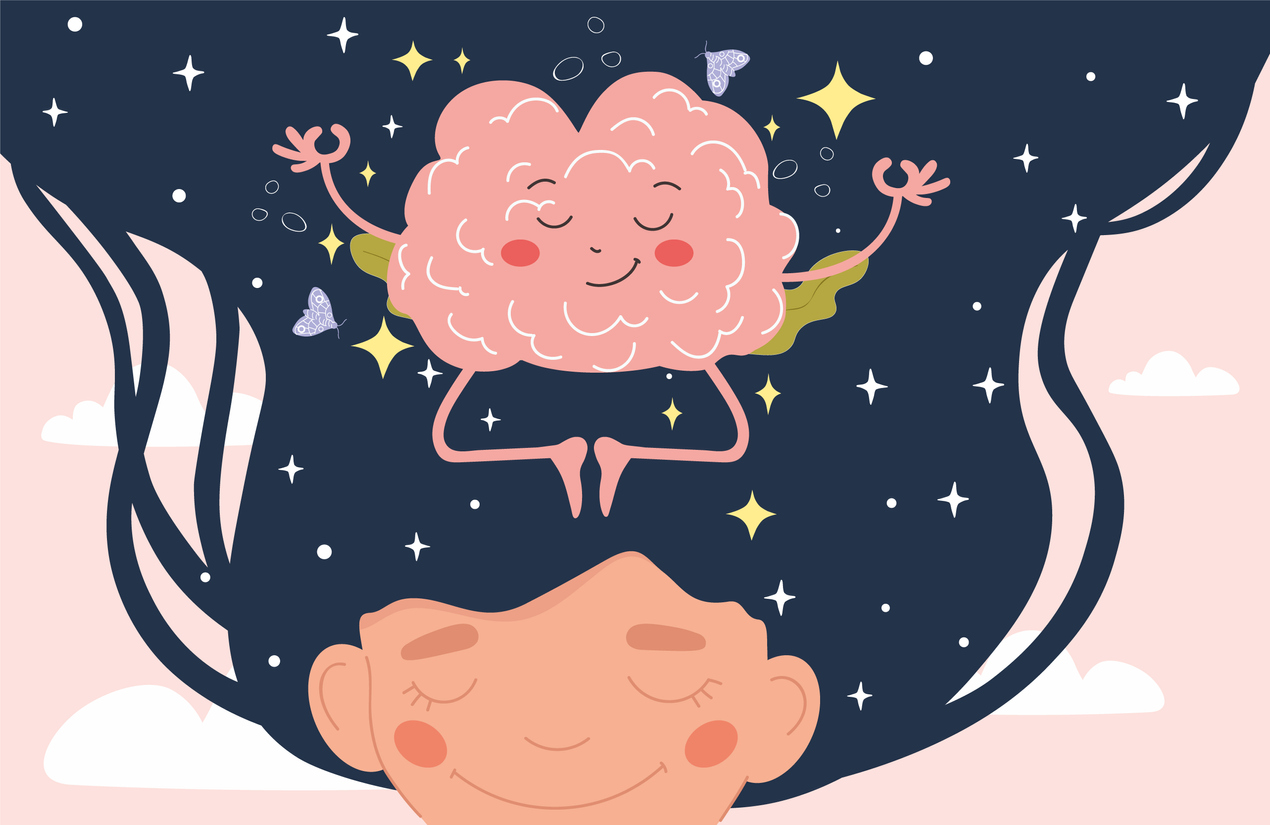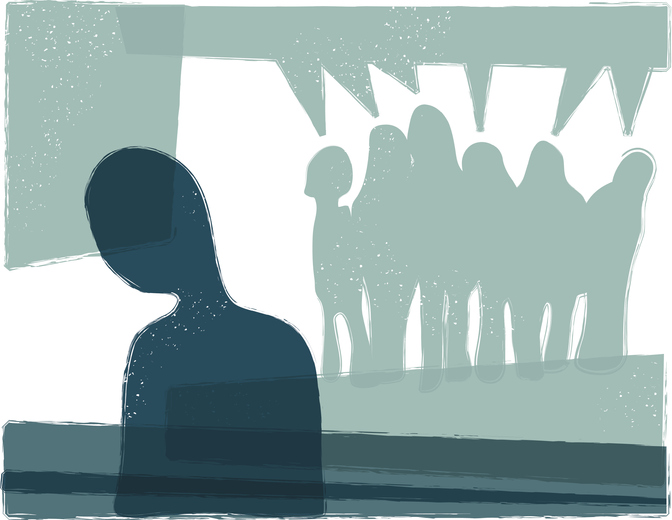Living with Chronic Pain
Supporting a Loved One With Depression and Chronic Pain

3 people found this helpful
Print
Share
Save
Chronic pain often causes feelings of sadness, anger and frustration. Due to the nature of chronic pain, social isolation, work issues, sleep disturbances, loss of independence, or financial problems can lead to low self-esteem, anxiety, and depression. Chronic pain causes heightened symptoms of depression, and depression causes increased pain sensitivity.
How to be supportive when a loved one with chronic pain experiences depression
It is agonizing to watch a loved one experience chronic pain and depression. Support can be provided in various ways, which include the following:
- Discuss how they are feeling. When asking a person with chronic pain how they are, the default response is typically related to their physical condition; however, their mental well-being is just as important. Asking how they are coping with emotions surrounding chronic pain provides them an opportunity to discuss depression. Listening carefully and being understanding can help them deal with depression and know they are not alone.
- Encourage help from a professional when needed. Individuals who are depressed may not automatically ask for help. Suggesting an appointment with a mental health professional can be beneficial. Helping a loved one research a counselor or therapist with experience treating depression and chronic pain, or offering to drive them to the appointment, can encourage earlier treatment.
- Plan physical activities together. Physical activity reduces pain and eases symptoms of depression by releasing endorphins (feel-good chemicals). Endorphins interact with the brain receptors and reduce pain perception. They also trigger positive feelings in the body. Asking the loved one to go for a walk or take a yoga class when they are feeling up to it provides physical and mental health benefits.
- Help with overwhelming tasks. The combination of chronic pain and depression makes certain tasks, such as grocery shopping or cleaning the home, seem impossible. Offering to help with tasks reduces additional stress, while providing them with a feeling of accomplishment and gratitude.
- Provide positive reinforcement. A negative self-image often occurs for those with depression and chronic pain. Insecurities and frustration arise due to not being able to do as much as others or as much as they would like to. Reminding them of their positive qualities and praising their accomplishments, no matter how big or small, helps reinforce a positive self-image.
- Be aware of warning signs. Depression oftentimes contributes to suicidal thoughts. Friends and family members of a loved one experiencing depression should be aware of signs of a mental health emergency. This includes fixating on death or dying, withdrawing from others, giving away personal belongings with no reason, making statements that they would be better off dead, purchasing a weapon, feeling hopeless, etc. If they are in immediate danger of harming themselves or committing suicide, emergency services should be sought immediately. Crisis support lines for the United States can be found here.
















